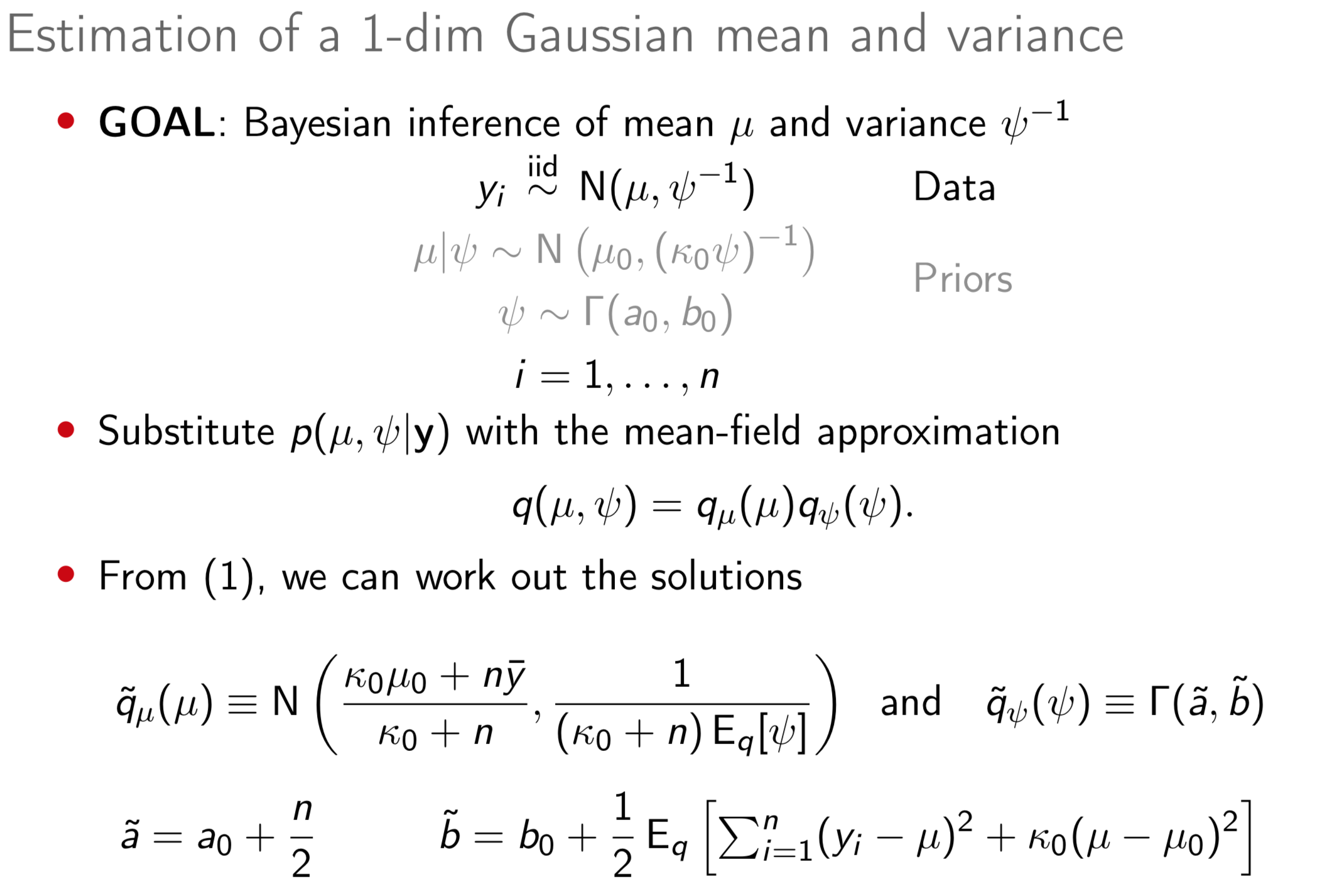A Variational EM Method for Mixed Membership Models with Multivariate Rank Data: an Analysis of Public Policy Preferences
In this article, we consider modeling ranked responses from a heterogeneous population. Specifically, we analyze data from the Eurobarometer 34.1 survey regarding public policy preferences towards drugs, alcohol and AIDS. Such policy preferences are likely to exhibit substantial differences within as well as across European nations reflecting a wide variety of cultures, political affiliations, ideological perspectives and common practices. We use a mixed membership model to account for multiple subgroups with differing preferences and to allow each individual to possess partial membership in more than one subgroup. Previous methods for fitting mixed membership models to rank data in a univariate setting have utilized an MCMC approach and do not estimate the relative frequency of each subgroup. We propose a variational EM approach for fitting mixed membership models with multivariate rank data. Our method allows for fast approximate inference and explicitly estimates the subgroup sizes. Analyzing the Eurobarometer 34.1 data, we find interpretable subgroups which generally agree with the "left vs right" classification of political ideologies.
PDF Abstract